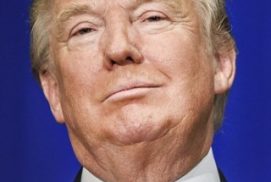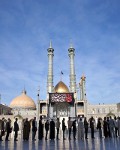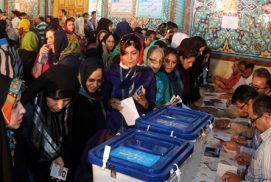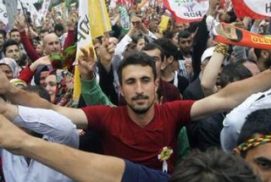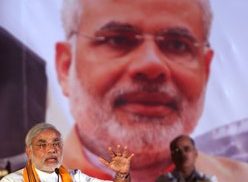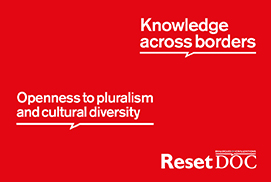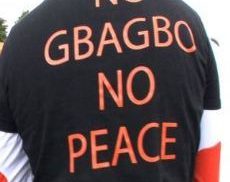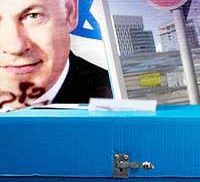9 November 2016
Long before the final results, many Americans knew that our body politic was suffering a seizure after being injected with a poison that nothing in Hillary Clinton’s politics was potent enough to expel. The impotence of that politics — its inability to draw from wellsprings deeper than bromides about breaking glass ceilings, “fighting” for families and children, and slashing college tuition — has little to do with Clinton’s character or alleged corruption or even with the undoubted wave of misogyny in this election.


